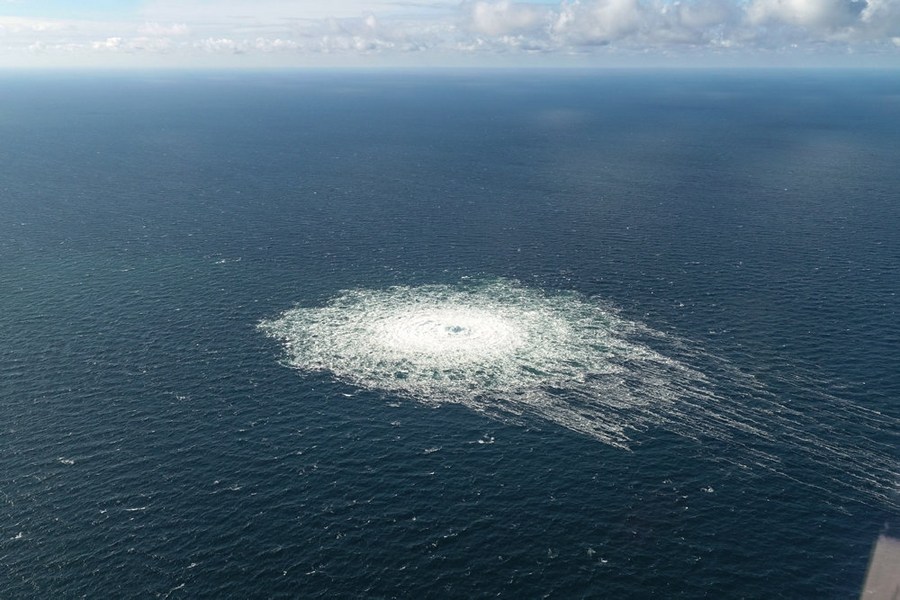Swedish investigators have found that bad weather, inadequate equipment and poor seamanship were the causes of the latest cable break in the Baltic Sea, not sabotage.
At the time of the cable break, Latvian public television station LSM quoted information from the cable operator and the Latvian State Radio and Television Center as saying that the cable break was caused by external force.
Swedish authorities have opened an investigation to determine whether sabotage was involved. The investigation has so far identified the Vezhen as the cause of the cable break, as initially suspected. However, investigators have found no evidence that the latest Baltic cable break was an act of sabotage.
Senior prosecutor Mats Ljungqvist of the Swedish National Security Unit said on February 3 that the ship that severed the submarine cable between Latvia and Sweden on January 26 “clearly” could not have cut the cable to sabotage it.
The incident was the result of “a combination of weather conditions, lack of equipment and poor seamanship,” prosecutor Ljungqvist said.

“We saw the anchor fall without the crew,” senior prosecutor Mats Ljungqvist told Reuters. He pointed out that two of the three locking mechanisms that would have prevented the anchor from falling had stopped working for a long time. The third locking mechanism was manual.
“We have footage of a wave hitting the lock and the anchor falling. In this case, we can say: 'No, this was not a combined attack,'” said Mats Ljungqvist.
The ship had been dragging its anchor for more than 24 hours, he said.
The Swedish prosecutor added that after the anchor fell, the ship's speed dropped. The anchor pulled the ship in one direction, but the autopilot system adjusted and the crew did not notice this abnormality.
Officials from the Swedish Coast Guard, police and military were involved in the investigation, he added. The authorities had detained the Vezhen, but that decision was overturned.
Swedish police had earlier detained and boarded the Maltese-flagged cargo ship Vezhen on suspicion of sabotage. Last week, the head of Vezhen's operator, a Bulgarian company, confirmed that an anchor from the ship had likely hit the cable but denied any intention to sabotage it.
In addition to the Vezhen, which was detained a day after the cable break occurred in Sweden's exclusive economic zone, the Silver Dania - a Norwegian cargo ship with an all-Russian crew - was also detained in Norway at the request of Latvian authorities but was determined not to be involved in the incident and released.
The cable break between Sweden and Latvia is the latest in a series of incidents involving submarine data cables and gas pipelines that have prompted NATO to step up efforts to detect and prevent attacks on infrastructure in the Baltic Sea.
In December 2024, Finland opened a criminal investigation into the breakdown of an underground power cable between Finland and Estonia that occurred on Christmas Day.











